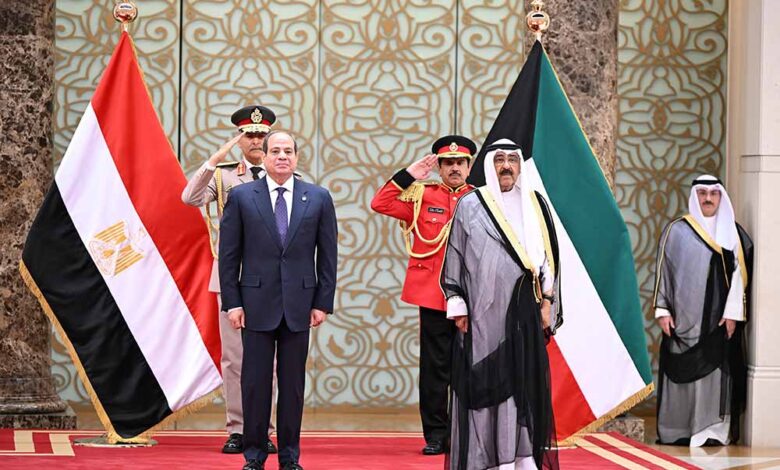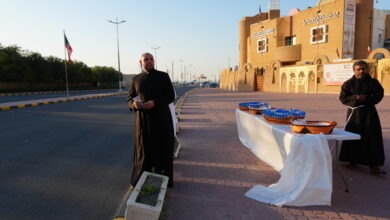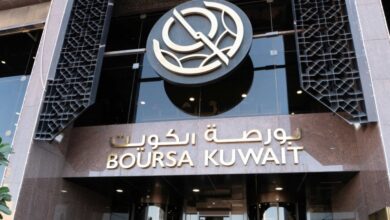
Both sides emphasized mutual support in international forums, including Kuwait’s backing of Dr. Khaled Al-Anani’s candidacy for UNESCO Director-General (2025–2029). Both sides called for regional peace, respect for sovereignty, and diplomatic dispute resolution.
In light of the deep-rooted ties between Kuwait and Egypt, and to enhance their strategic partnership, President Abdel Fattah El-Sisi visited Kuwait on April 14–15 at the invitation of His Highness the Amir Sheikh Mishal Al-Ahmad. The visit included a bilateral meeting and expanded talks involving both delegations.
Discussions centered on strengthening bilateral relations and joint commitment to Arab national security. The two sides, Al-Rai said, reviewed cooperation in economy, investment, trade, energy, infrastructure, healthcare, education, culture, and tourism, praising progress in these areas.
Egypt acknowledged Kuwait’s development under Vision 2035, while Kuwait commended Egypt’s economic transformation and investment climate improvements under Vision 2030.
They affirmed their determination to boost trade and investment ties and instructed officials to take necessary steps. They also reviewed the outcomes of the Joint Committee held in Cairo in September 2024 and discussed preparations for the 14th session.
Kuwait confirmed its intent to invest in Egypt’s energy, agriculture, industry, IT, real estate, banking, and pharmaceutical sectors. His Highness welcomed preparations for the upcoming Egyptian-Gulf Investment Forum and confirmed Kuwait’s active participation.
Mutual support in international forums was emphasized, including Kuwait’s backing of Dr. Khaled Al-Anani’s candidacy for UNESCO Director-General (2025–2029). Both sides called for regional peace, respect for sovereignty, and diplomatic dispute resolution.
President El-Sisi praised Kuwait’s stabilizing role in the region, particularly during its current GCC presidency. Both parties reaffirmed their commitment to political consultation, referencing their last meeting in Mecca on March 6, 2025. He also expressed gratitude for the warm reception.
The two leaders stressed completing the Kuwait-Iraq maritime border demarcation beyond marker 162 per international law and UN Resolution 833 (1993), and reaffirmed the legitimacy of the Khor Abdullah navigation agreement and associated documents. They called for protecting the waterway from cross-border threats.
Kuwait emphasized support for UN Security Council Resolution 2732 (2024), follow-up on humanitarian files, and appointment of a UN coordinator post-UNAMI. Egypt urged continued Kuwait-Iraq cooperation to resolve outstanding issues.
Both sides affirmed that the Durra gas field lies entirely within Kuwaiti maritime zones and is jointly owned with Saudi Arabia, rejecting any external claims.
Kuwait reiterated its full support for Egypt’s water security and rights to Nile waters, opposing unilateral actions that could harm Egypt and Sudan.
On Yemen, both nations expressed support for the legitimate government and a peaceful resolution based on agreed references. They emphasized the importance of Red Sea navigation security, in line with international law, including the 1982 UN Convention on the Law of the Sea.












